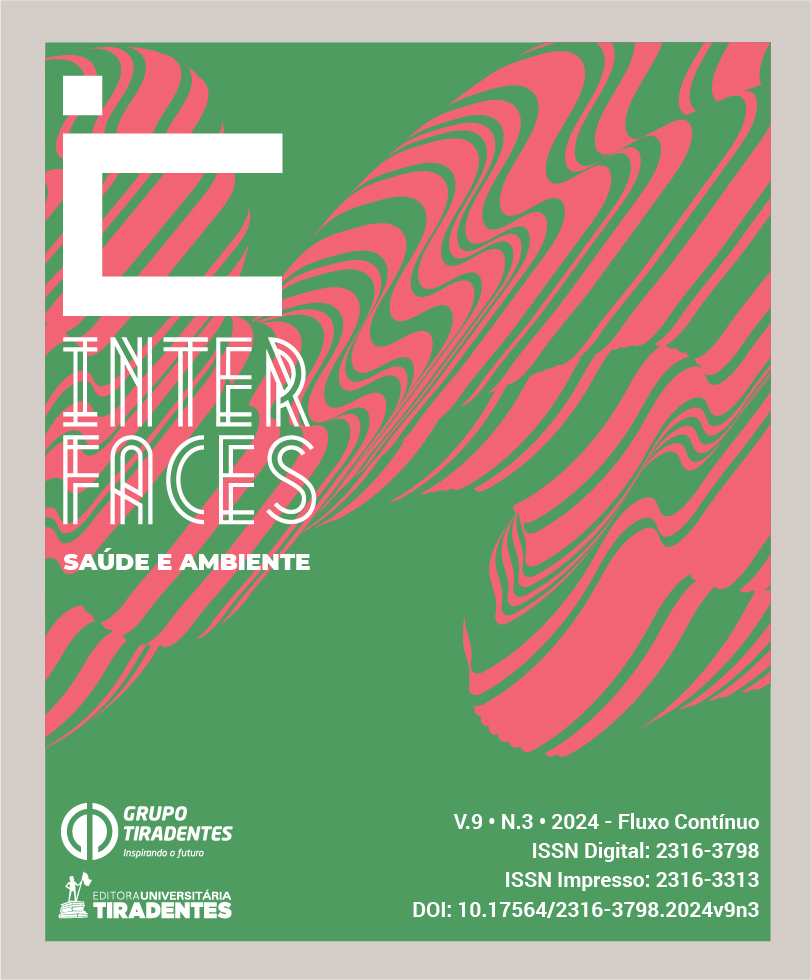AUTOESTIMA E ALTERAÇÃO DE PESO EM CRIANÇAS E ADOLESCENTES
DOI:
https://doi.org/10.17564/2316-3798.2024v9n3p731-744Published
Downloads
Downloads
Issue
Section
License
Copyright (c) 2024 Interfaces Científicas - Saúde e Ambiente

This work is licensed under a Creative Commons Attribution-NonCommercial 4.0 International License.
Autores que publicam nesta revista concordam com os seguintes termos:
a. Autores mantêm os direitos autorais e concedem à revista o direito de primeira publicação, com o trabalho simultaneamente licenciado sob a Licença Creative Commons Attribution que permite o compartilhamento do trabalho com reconhecimento da autoria e publicação inicial nesta revista.
b. Autores têm permissão e são estimulados a distribuir seu trabalho on-line (ex.: em repositórios institucionais ou na sua página pessoal), já que isso pode gerar aumento o impacto e a citação do trabalho publicado (Veja O Efeito do Acesso Livre).
Abstract
Self-esteem is an individual's self-assessment of their worth. Low self-esteem in the first phase of life is a predictor of poor mental health in adulthood, while high self-esteem can be a protective factor in the development of mental disorders and risk behaviors. This retrospective cross-sectional study investigated whether anthropometric diagnoses of overweight and obesity could affect the self-esteem of schoolchildren between 5 and 17 years. From a database of 1,209 participants, descriptive analyzes were carried out to test the associations between independent variables (age group, sex, anthropometric diagnosis, family income and guardian's education) and the dependent variable (self-esteem). There was a significant association between the variables age group and income and self-esteem. However, there was no association between anthropometric diagnosis and self-esteem. The data allow us to conclude that adolescents, whose families had income less than or equal to two minimum wages, were more likely to have lower self-esteem than children from families with higher income.




















